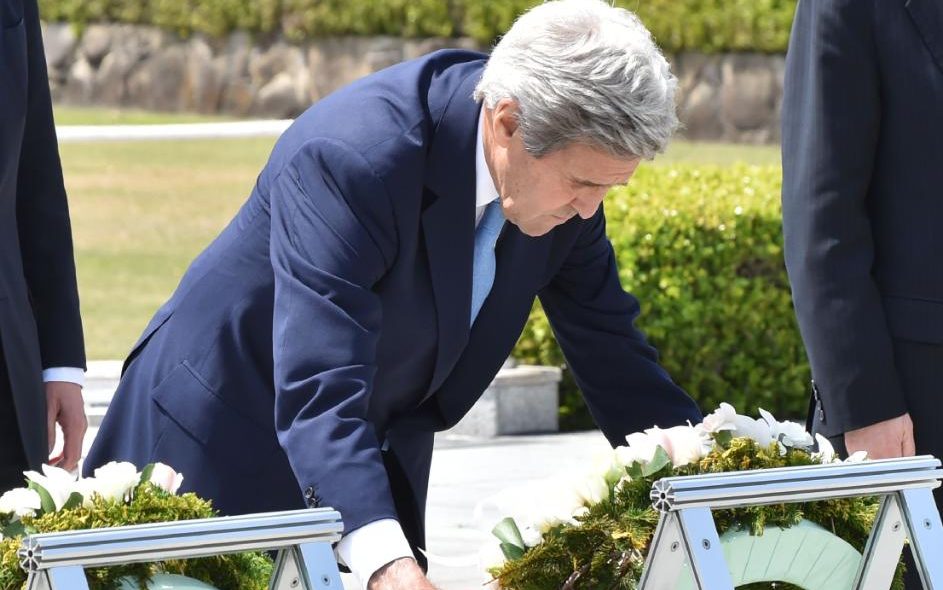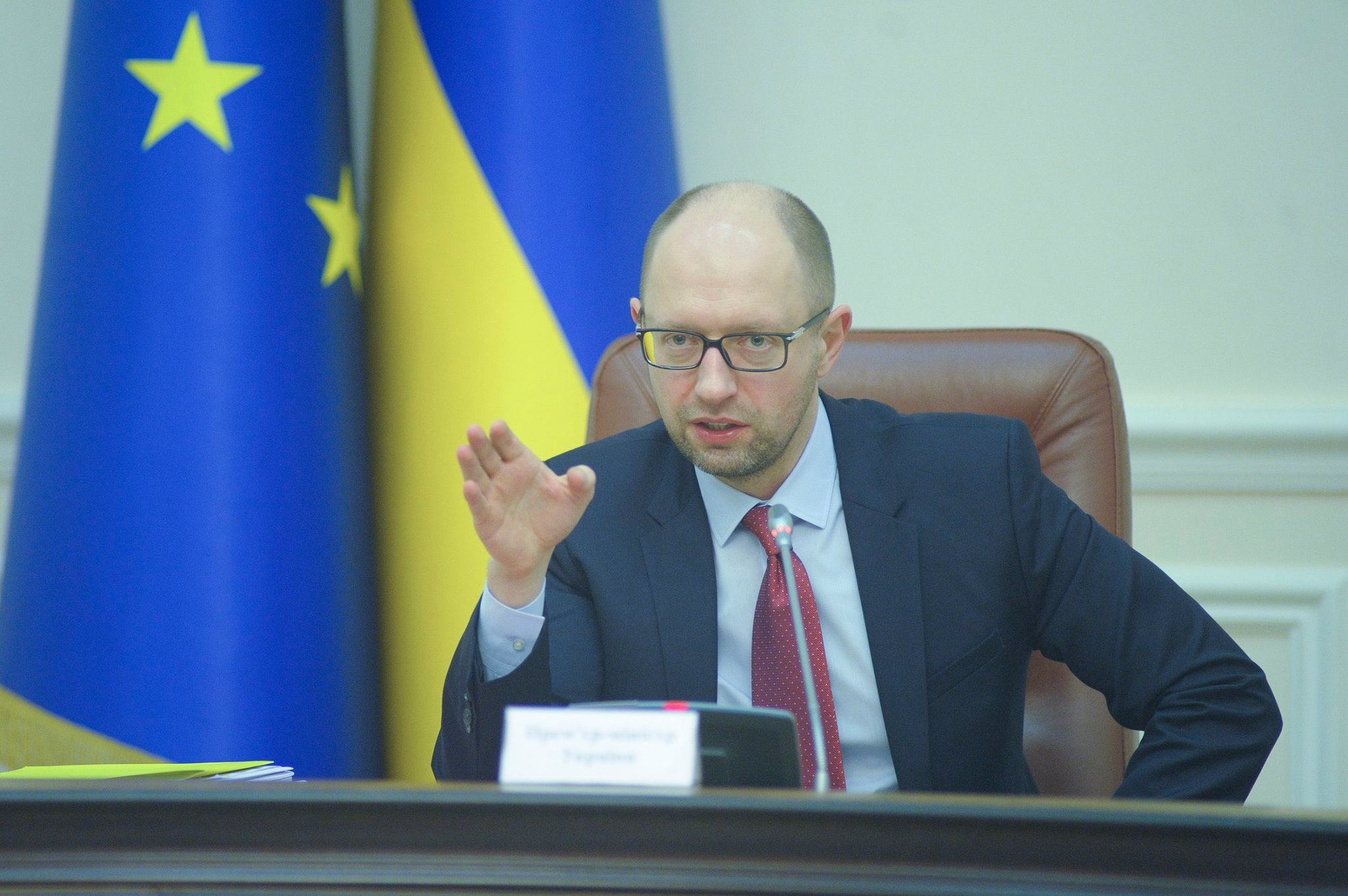
John Kerry, the US secretary of state, had not even appeared at Hiroshima’s peace memorial before word leaked that US president Barack Obama could visit Hiroshima at the end of May following the G7 meeting in Shima, Japan.![]()
![]()
The Obama administration, it’s safe to say, is in full legacy-building mode.
Last month, Myanmar’s government transitioned to a democratically elected government (and, yes, Kerry’s predecessor at State, Hillary Clinton, played a critical role in US support for Burmese democracy). There’s the landmark deal of the ‘P5 + 1’ countries with Iran to bring more transparency to its nuclear energy program and, possibly, its nuclear weapons ambitions. There’s the opening to Cuba after decades of isolation and resentment on both sides of the Straits of Florida, and Obama’s historic visit to Havana.
Kerry is now the highest-ranked US official to visit Hiroshima, but a presidential visit would be exponentially more important — and symbolic — for at least three reasons. Continue reading Why Obama will almost certainly visit Hiroshima
